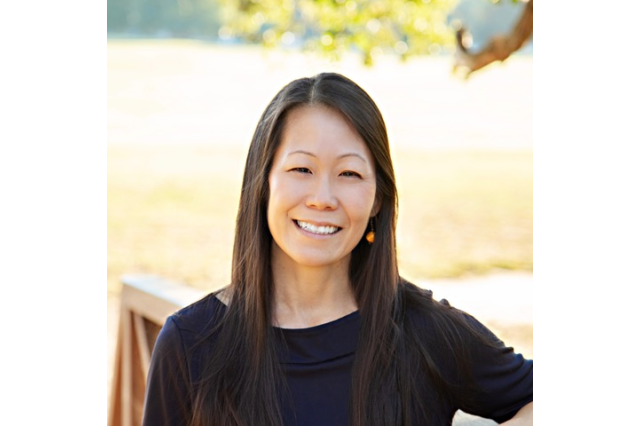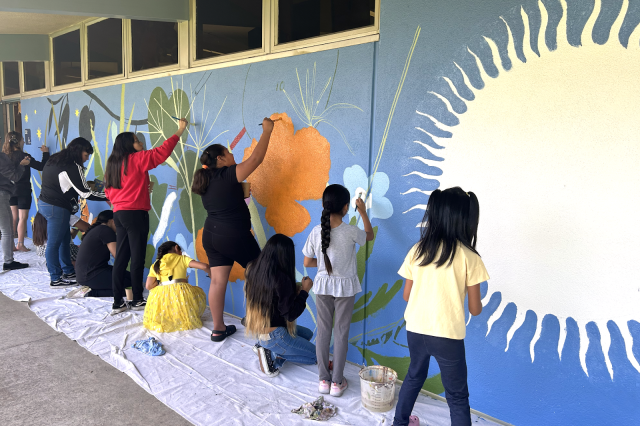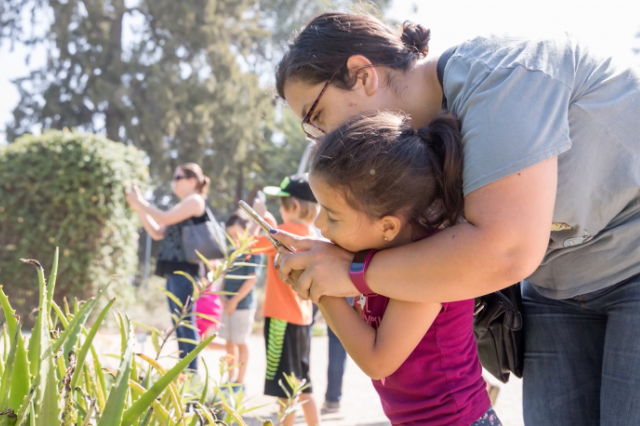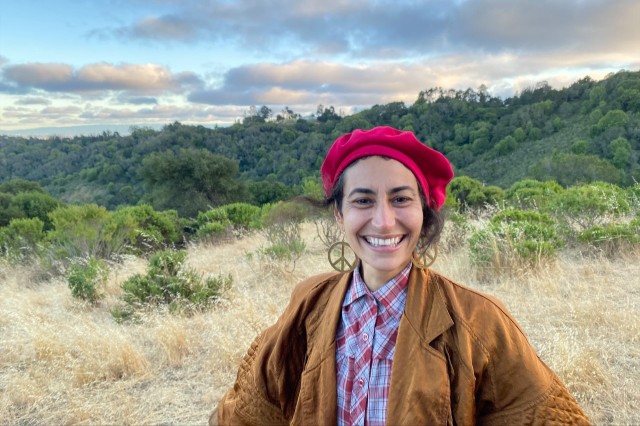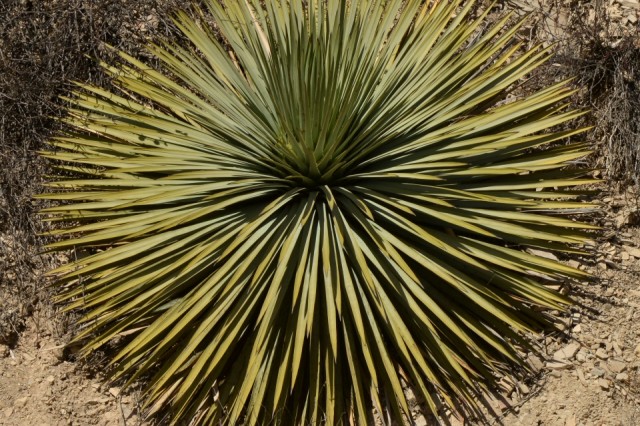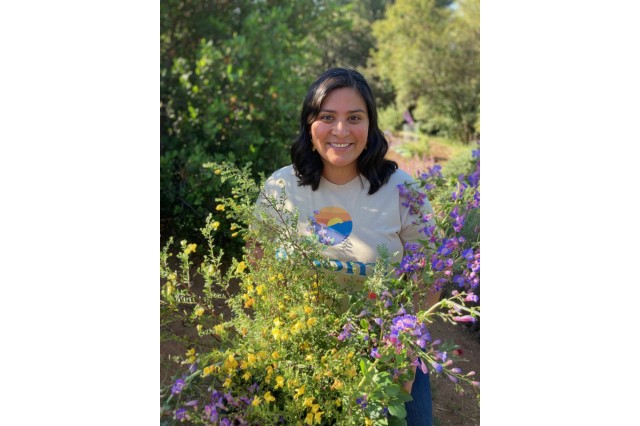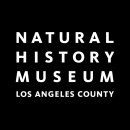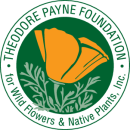Educator Summer Conference
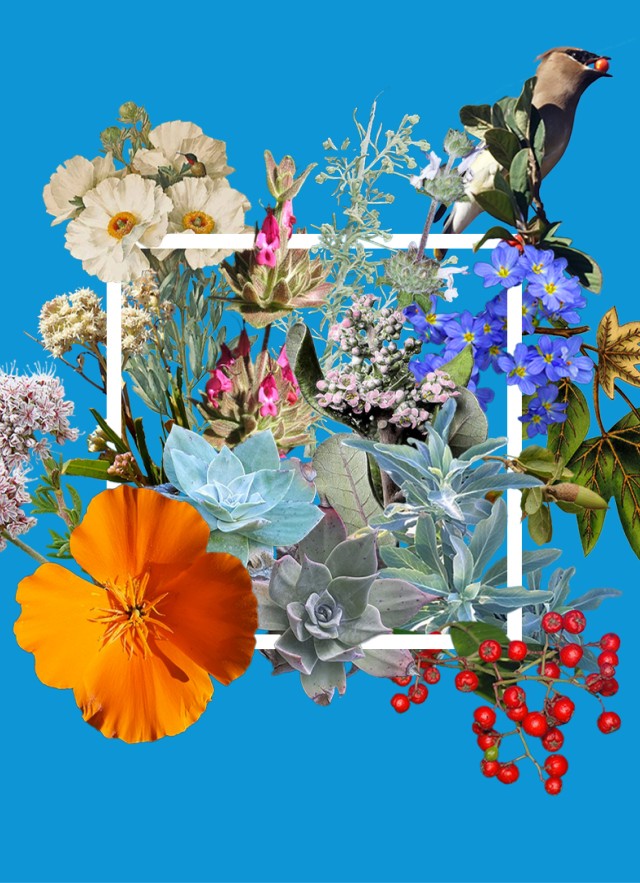
Date
June 22, 2023 | 8:00 am – 5:00 pm
Location
Tickets
Rooting Into Place: Teaching Native Plants In & Out of the Classroom aims to inspire educators to view the outdoors as enriching teaching spaces and connect with native plants across classroom content areas. At this one-day summer conference, educators will gain a deeper understanding of the critical role California native plants play in shaping positive relationships between youth, the outdoors, and local biodiversity. Through guided garden walks led by professional horticulturalists in the Museum's Nature Gardens, interactive workshops focused on equipping educators with practical tools, and fun, botanical-inspired networking opportunities, this conference will provide opportunities for educators to build stewardship around the preservation of California native plants and the places they call home.
This event is open to Pre-K–12 formal classroom educators and administrators, homeschool educators, and informal educators.
Conference registration fees are $75 per person and include breakfast and lunch. For Title I school staff (teachers and administrators), registration is offered at a discounted rate of $50. We are also offering a limited number of scholarships to cover conference fees for educators who could not otherwise attend. The scholarship application form is now closed. All scholarship recipients will be notified by email by Friday, June 2, 2023.
Program Highlights
- Guided Garden Walk
- Interactive Workshops
- Free Resources
- Networking Opportunities
- Botanical-Inspired Happy Hour & Music
Schedule of Events
8:00 am – 9:00 am: Registration & Breakfast
9:00 am – 9:30 am: Welcome & Opening Panel
9:45 am – 10:15 am: Guided Garden Walk & Nature Journaling
10:30 am – 12:00 pm: Workshop Sessions: Morning
12:00 pm – 12:45 pm: Lunch & Networking
1:00 pm – 2:30 pm: Workshop Sessions: Afternoon
2:45 pm – 3:30 pm: Closing Panel & Raffle
3:30 pm – 5:00 pm: Monarch Mingle Happy Hour & Concert with Sage Against the Machine
Opening Panelists
Workshop Sessions
IMPORTANT EVENT INFORMATION
- We encourage you to carpool or use public transportation to and from the conference. The Natural History Museum is easily accessible by Metro! Hop off the Expo Line at the Expo/USC or Expo/Vermont stations and walk 5 minutes to the museum entrance.
- Free parking will be available to attendees who arrive before 9AM. Parking will be available in the NHM Car Park located off of Bill Robertson Lane.
- Breakfast and lunch will be provided with registration. Help reduce waste at this event by bringing your own reusable water bottle and/or hot beverage cup!
- While we love welcoming your families to our museums, this specific program is intended for formal and informal educators who are adults (18+).
- In-person events are subject to cancellation due to low registration, inclement weather, or changes in COVID safety measures.
- This event will take place indoors and outdoors. Participants will be asked to sit, stand, and walk for extended periods of time. Please come prepared with appropriate walking shoes and sun protection.
- We aim to make NHM an exciting, educational, and enjoyable experience for everyone. If you have any questions about this event and the accommodation services we offer, contact our Call Center at 213.763.3466 or info@nhm.org. We ask that any requests for special accommodations be made at least 48 hours in advance.

